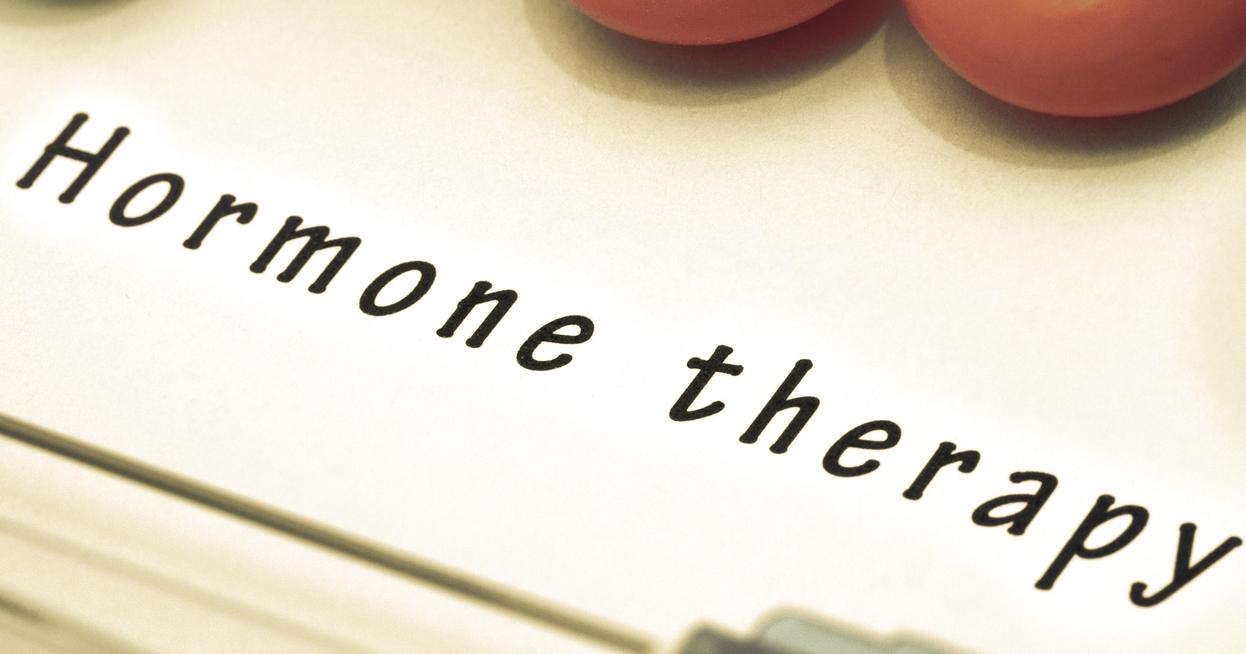Osteoporosis Tips That Could Change Your Life
Hormone-Related Therapy

Women experience a significant drop-off in estrogen at the time of menopause. Because estrogen helps protect bones, loss of estrogen increases a woman's risk of developing osteoporosis. Estrogen replacement therapy or hormone-related therapy may be prescribed to minimize the risk of osteoporosis-related fractures. The down-side of these therapies is they may increase the risk of cancer, heart disease, blood clots, and strokes. Other medications will likely be tried before using hormonal therapy, and the dosage will be strictly controlled.
Men do not have a sudden drop in sex hormone levels, but around the ages of sixty-five to seventy years old, many men develop osteoporosis. Gradual drop-off of testosterone levels can affect bone density, along with excessive smoking or alcohol consumption. Chronic diseases that affect the lungs, stomach, intestines, or kidneys can cause hormonal imbalances, as well as the use of glucocorticoid medications. Treatments may include an FDA-approved medication, a program of healthy diet and exercise, calcium and vitamin D supplementation, and regular monitoring of testosterone and bone density.